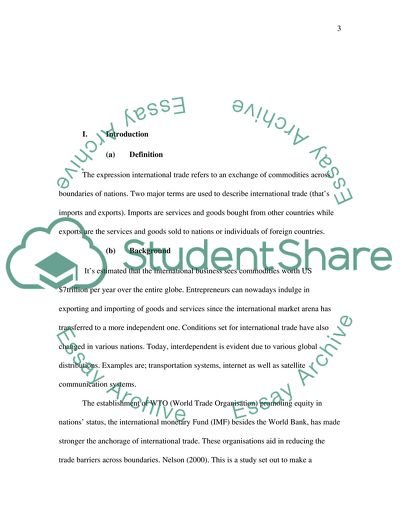Cite this document
(Potential Benefits of International Trade Coursework - 2, n.d.)
Potential Benefits of International Trade Coursework - 2. https://studentshare.org/macro-microeconomics/1721574-international-trade-has-many-potential-benefits-for-participating-countries-yet
Potential Benefits of International Trade Coursework - 2. https://studentshare.org/macro-microeconomics/1721574-international-trade-has-many-potential-benefits-for-participating-countries-yet
(Potential Benefits of International Trade Coursework - 2)
Potential Benefits of International Trade Coursework - 2. https://studentshare.org/macro-microeconomics/1721574-international-trade-has-many-potential-benefits-for-participating-countries-yet.
Potential Benefits of International Trade Coursework - 2. https://studentshare.org/macro-microeconomics/1721574-international-trade-has-many-potential-benefits-for-participating-countries-yet.
“Potential Benefits of International Trade Coursework - 2”. https://studentshare.org/macro-microeconomics/1721574-international-trade-has-many-potential-benefits-for-participating-countries-yet.


